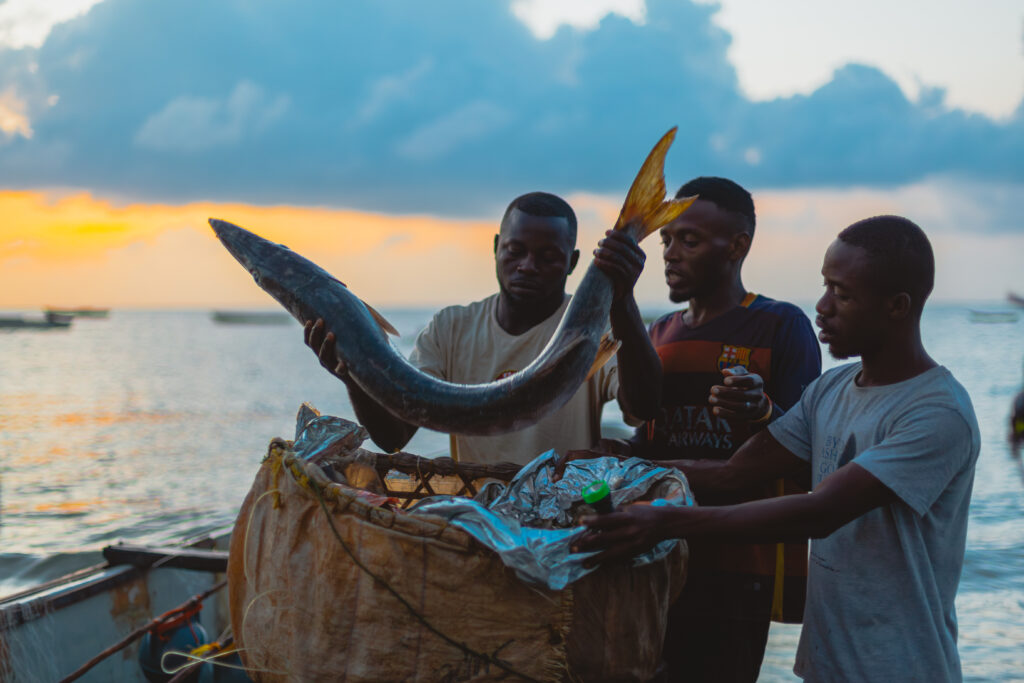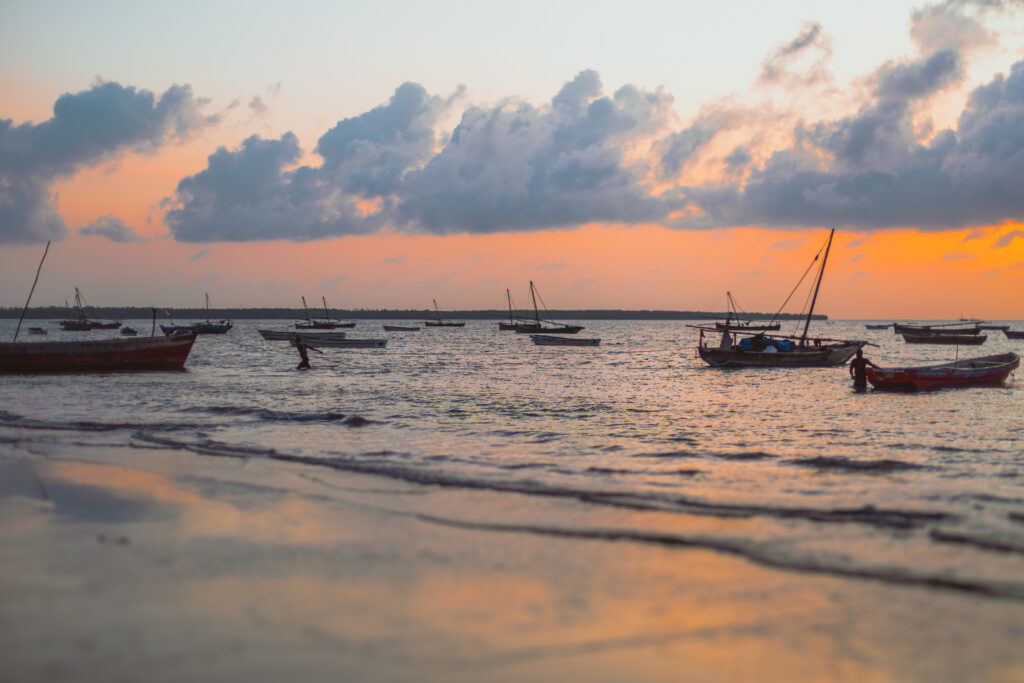The United States Agency for International Development (USAID) has been working in Eastern Africa’s marine conservation space through several initiatives. Among them is the USAID Heshimu Bahari (“Respect the Ocean”) project in Tanzania. Working in partnership with Aqua-Farms Organization (AFO), this initiative has catalyzed both innovation and improvement in sustainable marine resource management, demonstrating remarkable success in balancing ecological preservation with community development, though efforts are still needed on the ground.
In the early months of 2024, the project worked on the Artisanal Fisheries Pattern Mapping (AFPM) initiative that was implemented on-ground by AFO. The comprehensive mapping process, employing state-of-the-art geospatial technologies, looks to revolutionize our understanding of fishing patterns along Tanzania’s coastline. The initiative’s success was not only based on its technical accomplishments but also its deep integration of local knowledge, as fishers from villages along the Tanzania coast, in Tanga, Dar es Salaam, Lindi, and Mtwara contributed valuable insights that enriched the project’s data collection and analysis.

The AFPM initiative has revealed critical insights into the challenges facing Tanzania’s marine ecosystems, particularly the pressing issues of overfishing and illegal fishing activities. These findings have proven instrumental in shaping evidence-based policies and management strategies, creating a robust foundation for sustainable marine resource management. The project’s approach to data collection and analysis serves as a model for similar initiatives across the region, demonstrating the power of combining technical expertise with local ecological knowledge.
Moreover, under the same project from earlier May 2024, another activity was initiated in Southern Tanzania, Kilwa Seascape in Lindi. The activity is titled ‘USAID Heshimu Bahari Activity – Community-Based Activity Implementation Program in Kilwa Seascape’
This is an ongoing work in the NYAMANJISOPOJA Collaborative Fisheries Management Area (CFMA), one of Tanzania’s largest managed marine zones of 8 Beach Management Units (BMUs). This area, home to vital ecosystems including coral reefs, mangroves, and seagrass beds, has become a living laboratory for sustainable marine management practices. The project’s comprehensive approach holds dear the strengthening of local governance through Beach Management Units (BMUs), introducing sustainable livelihood alternatives, and implementing rigorous ecological monitoring programs.

The project’s impact extends far beyond environmental conservation. Through innovative training and initiatives, USAID Heshimu Bahari is creating new economic opportunities for coastal communities, reducing their dependence on traditional fishing practices while ensuring sustainable income sources. This economic diversification is looked to be proven crucial in gaining community support for conservation efforts, demonstrating that environmental protection and economic development can go hand in hand.
Particularly noteworthy is the project’s success in community education and engagement. Through carefully designed workshops and awareness campaigns, the activity under the project has built a new generation of marine conservation advocates, with special emphasis on youth involvement. This investment in community awareness has created a strong foundation for long-term sustainability, ensuring that conservation efforts will continue well beyond the project’s immediate time frame.
The results of these comprehensive efforts are already evident. In designated fisheries no-take zones, fish populations show promising signs of recovery. These ecological improvements, coupled with the successful implementation of alternative livelihood programs, demonstrate the project’s effectiveness in achieving both environmental and socioeconomic objectives.

Overall this time on the ground, we are witnessing how it is important to wield the power of integrated, community-centered marine conservation. Its success in combining scientific rigor with community engagement provides valuable lessons for similar initiatives shortly. As Tanzania continues to face the challenges of climate change and resource management, the activities’ achievements offer a proven blueprint for sustainable coastal development and marine ecosystem protection and yet progress still continues.

Javis Bashabula
Communications & Knowledge Management Lead
